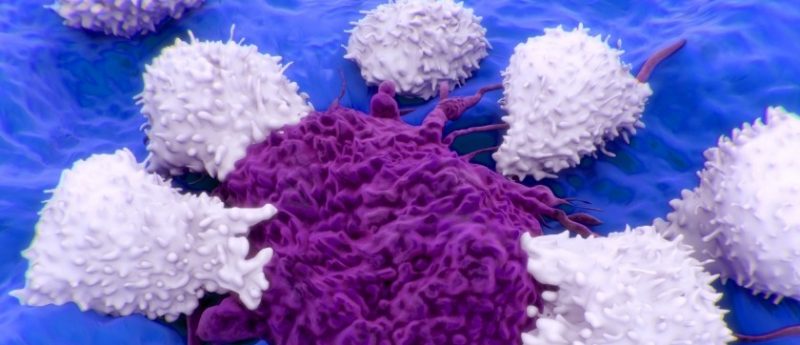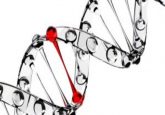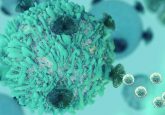Scientist pinpoints gene that may promote childhood cancers

A preclinical study published this week in Cancer Cell details the identification of a gene, Lin28b, which may contribute to the development of some childhood malignancies. If further validated in patients, this finding may lead to new strategies for targeting these cancers at the molecular level.
Lin28b is a gene that is normally only expressed in embryos and has previously been demonstrated to be critical in stem cell and fetal tissue development. It is this fact that led Hao Zhu of the University of Texas Southwestern Medical Center (TX, USA) to hypothesize that this gene could play a role in cancer.
“We looked at Lin28b in a multitude of ways in mice to study its effects on cancer, from increasing it significantly to deleting it,” commented Zhu, co-senior author of the paper. “From this and earlier studies, it appears that Lin28b activates the metabolic pathways that provide the building blocks of growth for certain cancers.”
“We and others have found that Lin28b – a gene that is normally turned on in fetal but not adult tissues – is expressed in several childhood cancers, including neuroblastoma, Wilms’ tumor and hepatoblastoma, a type of cancer that accounts for nearly 80 percent of all liver tumors in children,” reported Zhu.
He continued: “In our study, we found that overproduction of Lin28b specifically causes hepatoblastoma, while blocking Lin28b impairs the cancer’s growth. This opens up the possibility that pediatric liver cancer patients could one day be treated without resorting to chemotherapy.”
In a continuation of this work, Zhu and his team will now investigate genes related to Lin28b to determine whether they have a similar impact on the development of cancer.
Source: University of Texas Southwestern Medical Center press release



